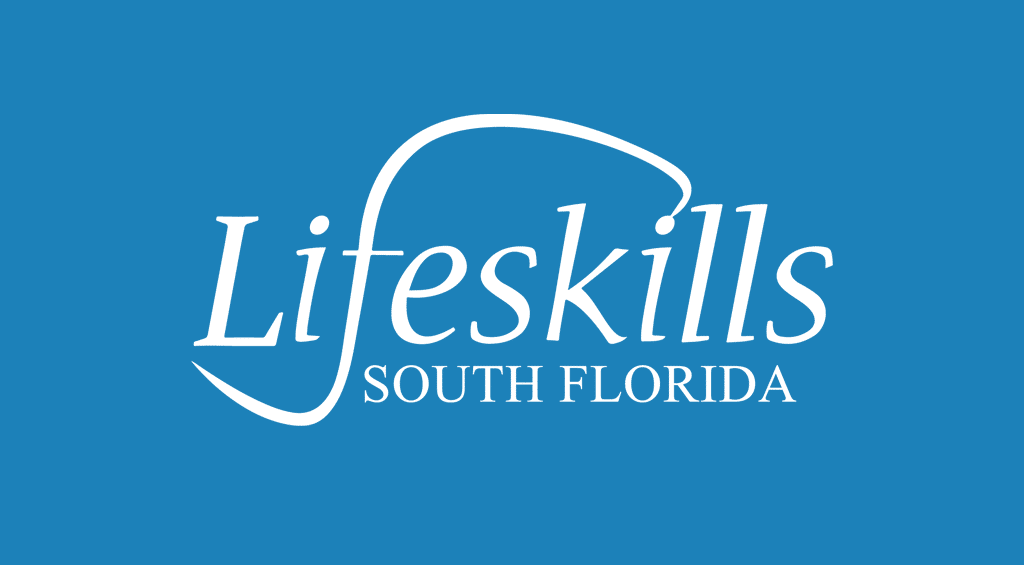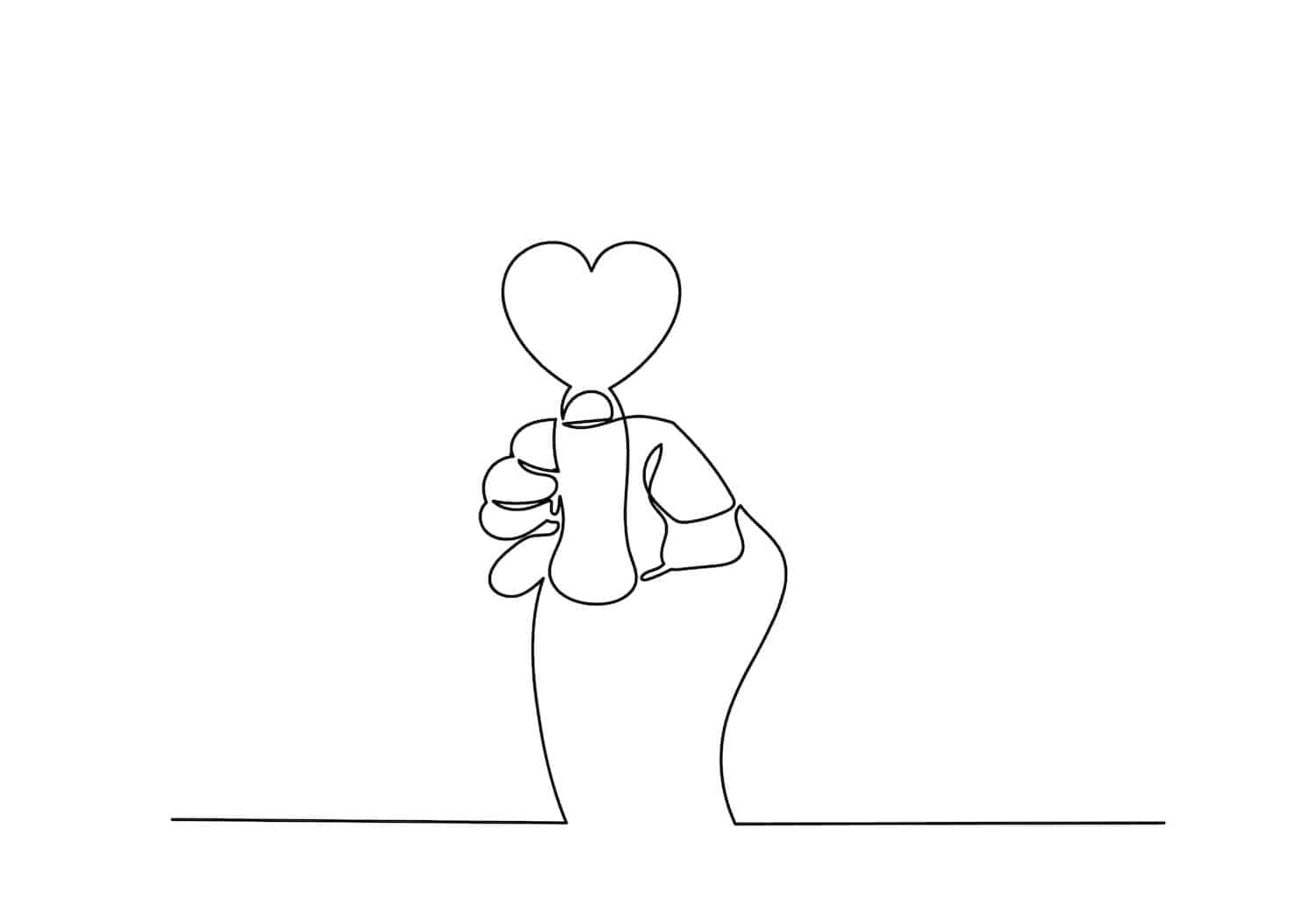Cognitive remediation therapy (CRT), sometimes referred to as cognitive enhancement therapy or cognitive rehabilitation therapy, is a treatment method that helps individuals improve their memory, attention, organizational skills, and information processing. CRT treatment was developed to help individuals struggling with psychiatric disorders like schizophrenia and other thought disorders, eating disorders, attention-deficit/hyperactivity disorder (ADHD) and traumatic brain injuries.
CRT treatment was first developed by Professors Gerard Hogarty and Samuel Flesher who worked for the University of Pittsburgh Medical Center. CRT, or cognitive enhancement therapy, is typically administered by a cognitive therapist and is often completed in a computer-based classroom setting.
How is Cognitive Remediation Therapy (i.e., Cognitive Enhancement Therapy) Different?
When mental illnesses are left untreated, a person’s cognitive skills can suffer and become impaired. When there’s a decline in cognitive skills, a decline in social skills typically follows. Cognitive impairments interfere with a person’s normal functioning in relationships, at work and in school. CRT helps individuals improve their attention, memory, problem-solving, organizational, and planning skills. Combined with therapy, psycho-education, and medications, CRT has shown to be effective in stopping cognitive decline and in some instances completely reversing it.
How Does Cognitive Remediation Work?
At Lifeskills South Florida, as the foundation of our evidence-based practices, we offer Clinical Pathways, and each is led by a doctoral-level or licensed clinician with additional national certifications in their area of expertise. Based on an assessment of clinical need and diagnosis, each client is prescribed the most appropriate primary and secondary clinical pathways. Throughout mental health treatment, we’re flexible to ensure that each client’s recovery journey is right for them.
One of those clinical pathways is our Cognitive Remediation Therapy (CRT) Pathway, or our cognitive remediation program, during which we use cognitive remediation for schizophrenia and other thought disorders like psychosis. In this pathway, our cognitive therapists use two different methods of administering cognitive remediation including:
- Using a pen and paper
- Using computer programming
Cognitive Remediation Therapy Exercises at Lifeskills
With the computer programming component as part of our cognitive remediation program, cognitive remediation therapy exercises include games that are played on the Brain HQ computer program. This computer program is an online brain-training system that uses a unique algorithm, adapting to different difficulty levels as the client works. These cognitive remediation therapy exercises allow each client to train at the proper level and make cognitive improvements. As they play, the games change to target distinct functions, such as facial recognition, and social skills. Unlike pen and paper, computer programming keeps the client’s attention and allows for easier tracking of their progress. Meeting times will vary but typically take place one day a week for two to four hours. In some cases, weekly homework assignments are given to clients to complete.
If you’re struggling with a mental health disorder, substance use disorder, or dual diagnosis, we’re here for you. For more information on our CRT Pathway and other treatment programs, call our admissions team today at 954-953-1742 or complete our contact form. Let Lifeskills help you take the next step toward recovery.
Sources:
Cognitive-Remediation.com




